Federal Rule of Evidence 702: A Useful Rule (When It’s Followed)
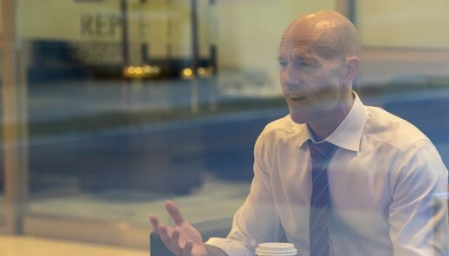
When it comes to evidentiary disputes, it can be tough to predict how a particular judge will rule. What is inadmissible character evidence (Rule 404(a)) to one judge might be admissible “other acts” evidence (Rule 404(b)) to another. And when it comes to expert opinion testimony, there can be even more uncertainty. A judge considering […]
The Judge’s Factfinding Rule (In Jury Trials)
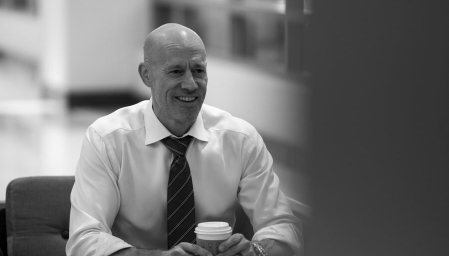
A common misconception in jury trials is that judges only decide legal questions and juries decide factual questions. The reality is that before a jury sees or hears any evidence, the judge first decides what the jury will see and hear. And to make those determinations, the judge answers a host of factual questions. A more precise way to […]
Judicial Notice: Four Must-Know Rules
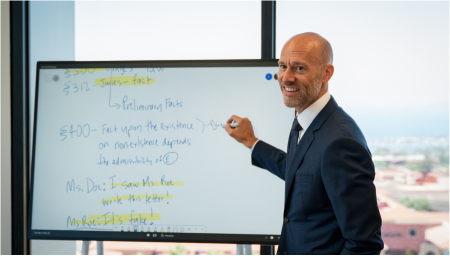
Back in 1995, the LA Times ran an article about O.J. Simpson’s defense team’s “assault on the [Los Angeles Police] department’s ability to use sophisticated science to solve crimes.” One its expert witnesses walked the jury through powerful demonstrative evidence detailing DNA contamination in its crime lab. Beyond the Simpson case, the article quoted a defense attorney […]
Man Takes a Spoonful of Medicine: Hearsay??
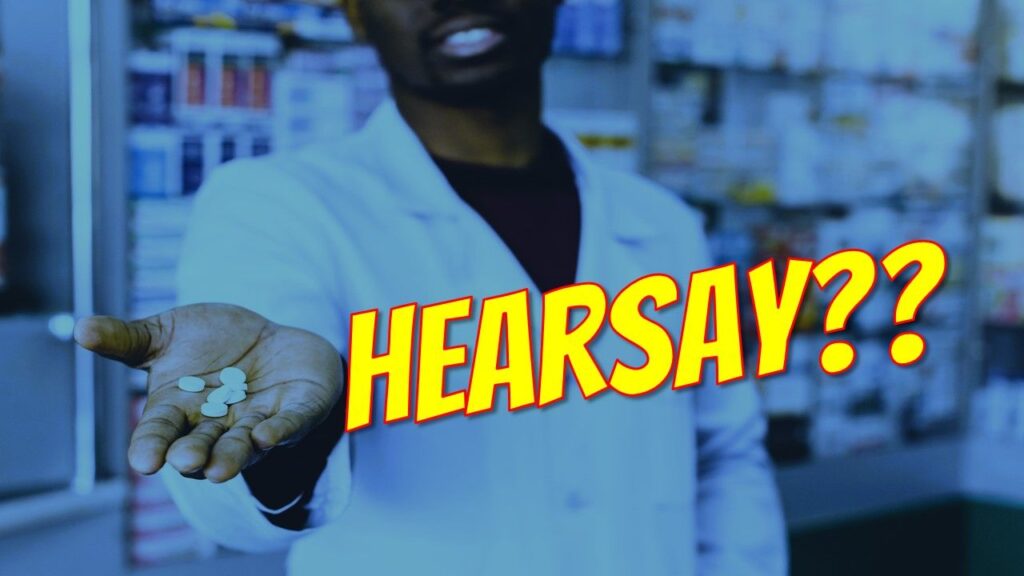
In law school, we are taught that hearsay deals with out of court statements. Both the Federal Rules and California’s Evidence Code define hearsay as a “statement” that is “offered to prove the truth of the matter” either “stated”
Social Media Evidence: What You Need To Know

Is social media good or bad? Is it the best way to communicate or the worst? It is, of course, neither and both. Never before have non-celebrities or non-journalists been able to reach millions and display
Livin’ On The Edge: Steven Tyler and Party Admissions
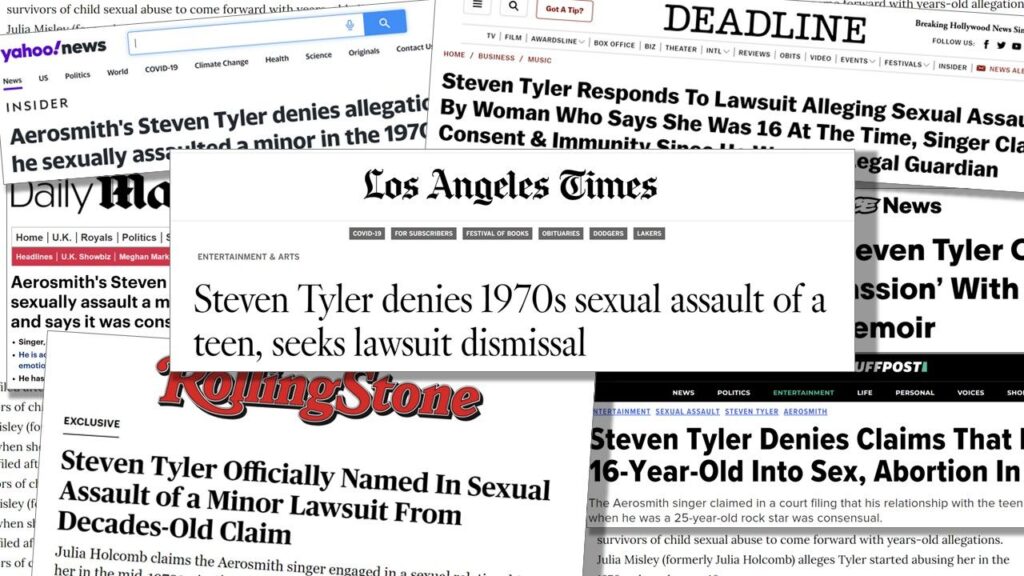
A few months ago, the Los Angeles Times ran a story about a lawsuit recently filed against Steven Tyler. The plaintiff alleges she met the Aerosmith frontman backstage in 1973,
Sanderson v. Paltrow: Examining Cross-Examination
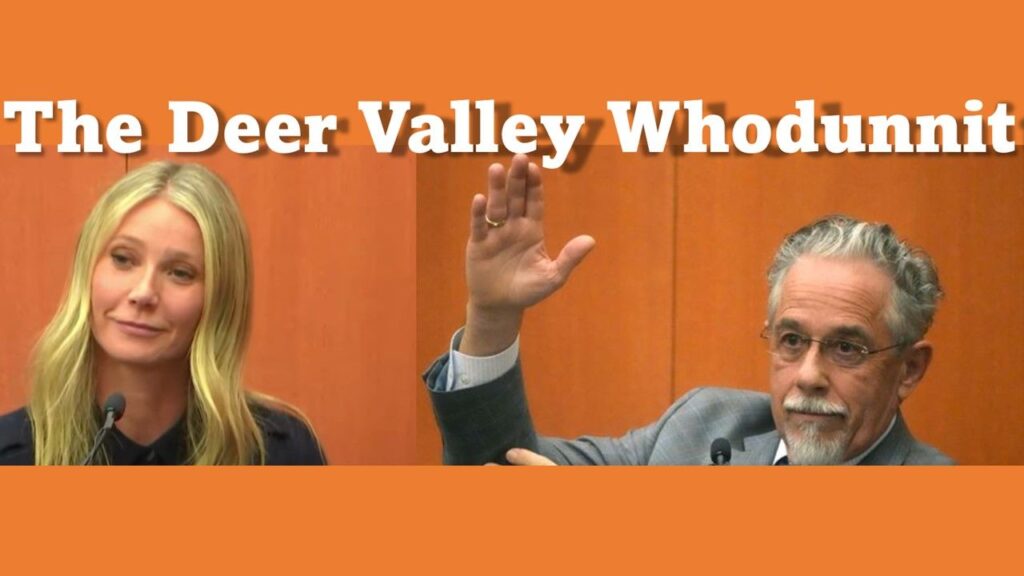
It’s not the trial of the century. I’m not even sure if it’s the trial of the month. But the current Deer Valley whodunnit (aka Sanderson v. Paltrow) has had so many head scratching moments that it’s worth a closer look.
Judicial Notice: Four Must-Know Rules
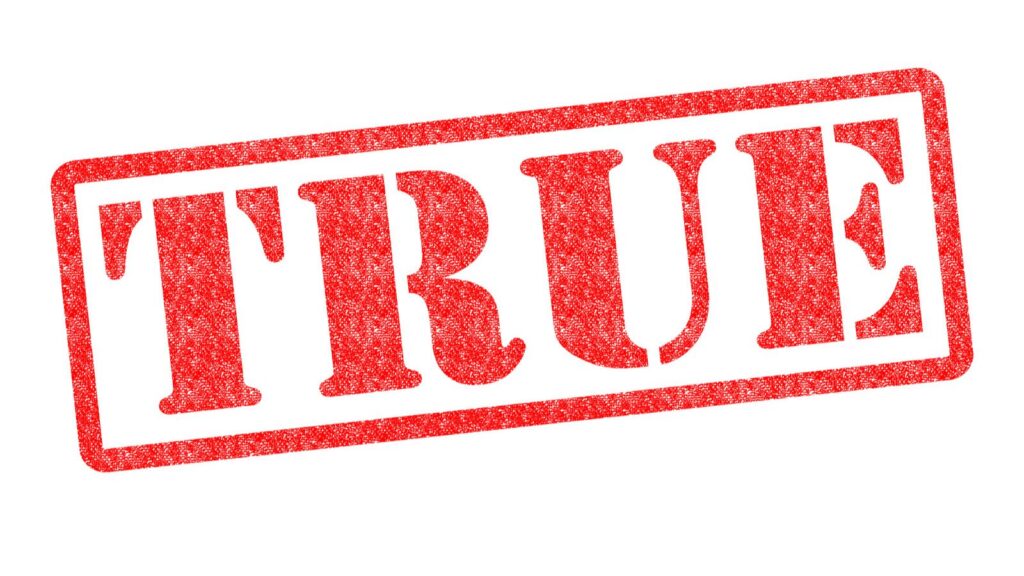
Back in 1995, the LA Times ran an article about O.J. Simpson’s defense team’s “assault on the [Los Angeles Police] department’s ability to use sophisticated science to solve crimes.”
The Self-Serving Hearsay Exception?

When it comes to hearsay exceptions in California, litigators will instinctively (and appropriately) consider the code sections found in Division 10 of the Evidence Code (i.e., Section 1200 et seq.).


